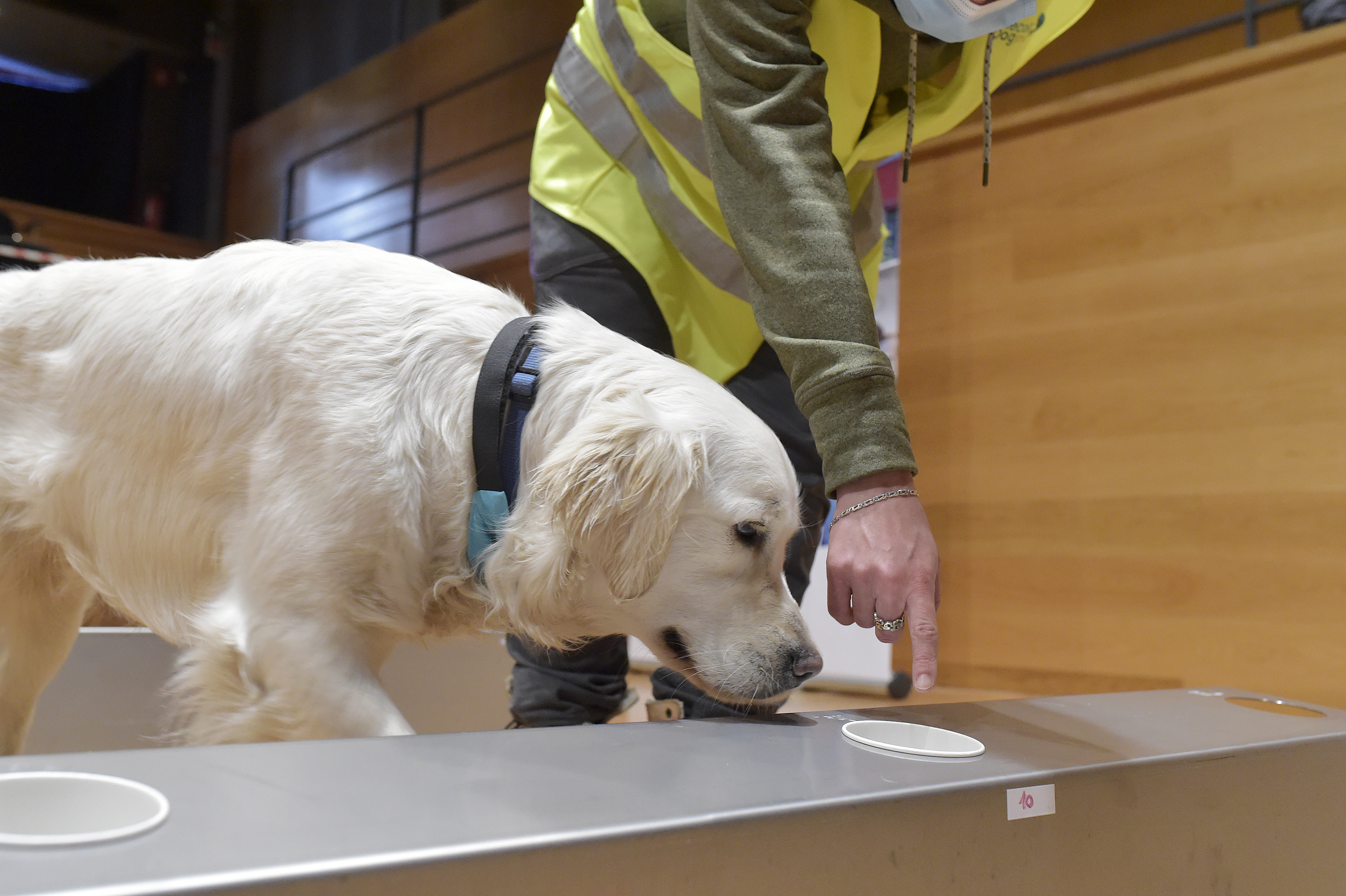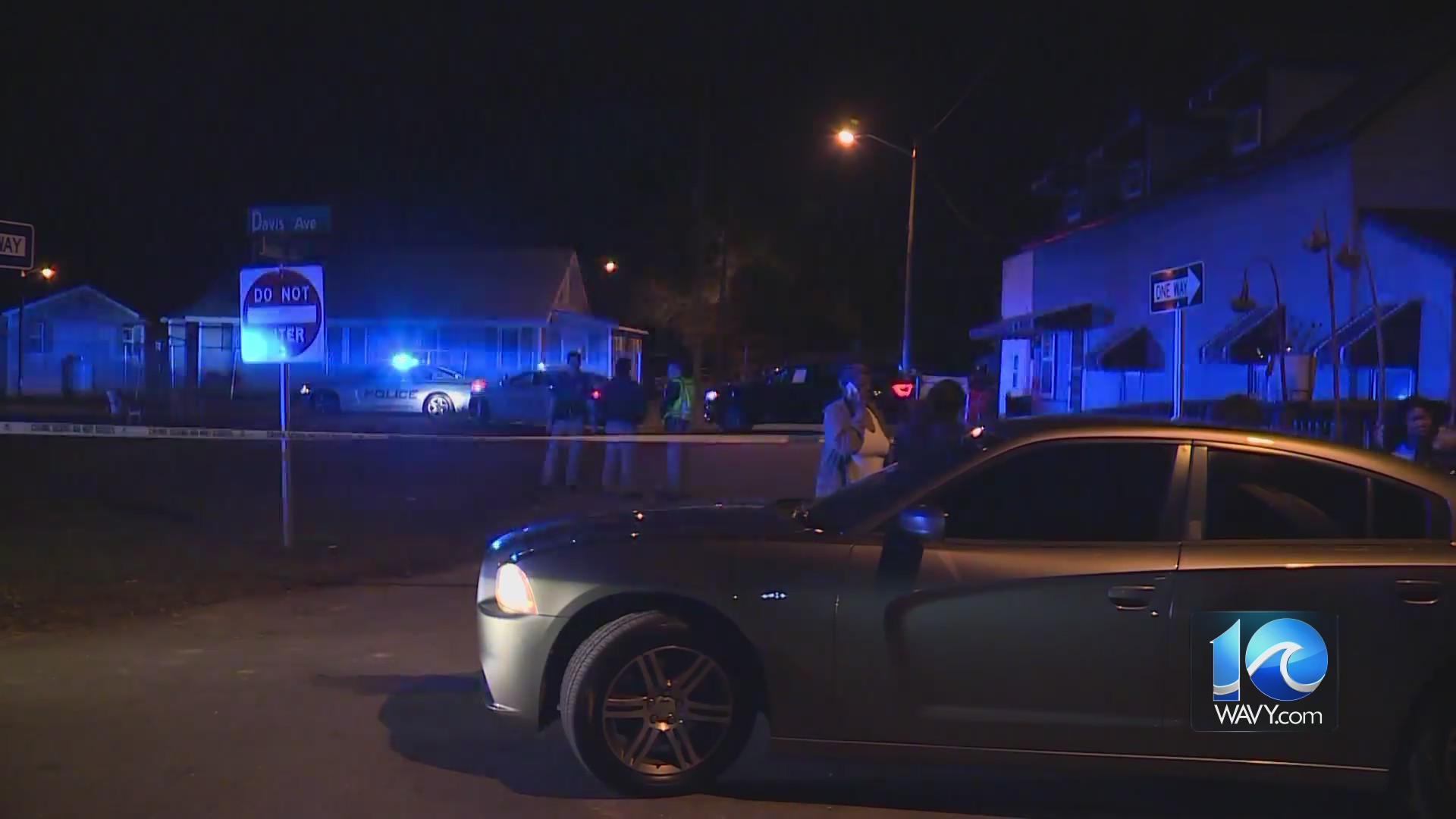SAN SALVADOR, El Salvador (AP) — U.S. Secretary of State Marco Rubio said late Monday that El Salvador’s president has offered to accept deportees from the U.S. of any nationality, including violent American criminals now imprisoned in the United States.
President Nayib Bukele “has agreed to the most unprecedented, extraordinary, extraordinary migratory agreement anywhere in the world,” Rubio said after meeting with Bukele at his lakeside country house outside San Salvador for several hours.
“We can send them and he will put them in his jails,” Rubio said of migrants of all nationalities detained in the United States. “And, he’s also offered to do the same for dangerous criminals currently in custody and serving their sentences in the United States even though they’re U.S. citizens or legal residents.”
Rubio was visiting El Salvador to press a friendly government to do more to meet President Donald Trump’s demands for a major crackdown on immigration.
Bukele confirmed the offer in a post on X, saying El Salvador has “offered the United States of America the opportunity to outsource part of its prison system.” He said his country would accept only “convicted criminals” and would charge a fee that “would be relatively low for the U.S. but significant for us, making our entire prison system sustainable.”
Elon Musk, the billionaire working with Trump to remake the federal government, responded on his X platform, “Great idea!!”
After Rubio spoke, a U.S. official said the Trump administration had no current plans to try to deport American citizens, but said Bukele’s offer was significant. The U.S. government cannot deport American citizens and such a move would be met with significant legal challenges.
The State Department describes El Salvador’s overcrowded prisons as “harsh and dangerous.” On its current country information webpage it says, “In many facilities, provisions for sanitation, potable water, ventilation, temperature control, and lighting are inadequate or nonexistent.”
Rubio arrived in San Salvador shortly after watching a U.S.-funded deportation flight with 43 migrants leave from Panama for Colombia. That came a day after Rubio delivered a warning to Panama that unless the government moved immediately to eliminate China’s presence at the Panama Canal, the U.S. would act to do so.
Migration, though, was the main issue of the day, as it will be for the next stops on Rubio’s five-nation Central American tour of Costa Rica, Guatemala and the Dominican Republic after Panama and El Salvador. His tour is taking place at a time of turmoil in Washington over the status of the government’s main foreign development agency.
Trump’s administration prioritizes stopping people from making the journey to the United States and has worked with regional countries to boost immigration enforcement on their borders as well as to accept deportees from the United States.
The agreement Rubio described for El Salvador to accept foreign nationals arrested in the United States for violating U.S. immigration laws is known as a “safe third country” agreement. Officials have suggested this might be an option for Venezuelan gang members convicted of crimes in the United States should Venezuela refuse to accept them, but Rubio said Bukele’s offer was for detainees of any nationality.
Rubio said Bukele then went further and said his country was willing to accept and to jail U.S. citizens or legal residents convicted of and imprisoned for violent crimes.
Human rights activists have warned that El Salvador lacks a consistent policy for the treatment of asylum seekers and refugees and that such an agreement might not be limited to violent criminals.
Manuel Flores, the secretary general of the leftist opposition party Farabundo Martí National Liberation Front, criticized the “safe third country” plan, saying it would signal that the region is Washington’s “backyard to dump the garbage.”
After meeting with Bukele, Rubio signed a memorandum of understanding with his Salvadoran counterpart to advance U.S.-El Salvador civil nuclear cooperation. The document could lead to a more formal deal on cooperation in nuclear power and medicine that the U.S. has with numerous countries.
The deportation flight Rubio watched being loaded in Panama City was carrying migrants detained by Panamanian authorities after illegally crossing the Darien Gap from Colombia. The State Department says such deportations send a message of deterrence. The U.S. has provided Panama with financial assistance to the tune of almost $2.7 million in flights and tickets since an agreement was signed to fund them.
Rubio was on the tarmac for the departure of the flight, which was taking 32 men and 11 women back to Colombia. It’s unusual for a secretary of state to personally witness such a law enforcement operation, especially in front of cameras.
“Mass migration is one of the great tragedies in the modern era,” Rubio said, speaking afterward in a nearby building. “It impacts countries throughout the world. We recognize that many of the people who seek mass migration are often victims and victimized along the way, and it’s not good for anyone.”
Monday’s deportation flight came as Trump has been threatening action against nations that will not accept flights of their nationals from the United States, and he briefly hit Colombia with penalties last week for initially refusing to accept two flights. Panama has been more cooperative and has allowed flights of third-country deportees to land and sent migrants back before they reach the United States.
His trip comes amid a sweeping freeze in U.S. foreign assistance and stop-work orders that have shut down U.S.-funded programs targeting illegal migration and crime in Central American countries. The State Department said Sunday that Rubio had approved waivers for certain critical programs in countries he is visiting, but details of those were not immediately available.
While Rubio was out of the country, staffers of the U.S. Agency for International Development were instructed Monday to stay out of the agency’s Washington headquarters after Musk announced Trump had agreed with him to shut the agency.
Thousands of USAID employees already had been laid off and programs shut down. Rubio told reporters in San Salvador that he was now the acting administrator of USAID but had delegated that authority so he would not be running its day-to-day operations.
The change means that USAID is no longer an independent government agency as it had been for decades — although its new status will likely be challenged in court — and will be run out of the State Department by department officials.
In his remarks, Rubio stressed that some and perhaps many USAID programs would continue in the new configuration but that the switch was necessary because the agency had become unaccountable to the executive branch and Congress.
On his weekend discussion with Panama’s president on the Panama Canal, Rubio said he was hopeful that the Panamanians would heed his and Trump’s warnings on China. Panamanians have bristled at Trump’s insistence on retaking control of the American-built canal, which the U.S. turned over in 1999, although they have agreed to pull out of a Chinese infrastructure and development initiative.
“I understand that it’s a delicate issue in Panama,” Rubio told reporters in San Salvador. “We don’t want to have a hostile and negative relationship with Panama,” he said. “I don’t believe we do. And we had a frank and respectful conversation, and I hope it’ll yield fruits and result in the days to come.”
But back in Washington, Trump was less diplomatic, saying: “China’s involved with the Panama Canal. They won’t be for long and that’s the way it has to be.”
“We either want it back, or we’re going to get something very strong, or we’re going to take it back,” Trump told reporters at the White House. “And China will be dealt with.”
___
Zamorano reported from Panama City.
___
Follow the AP’s coverage of Marco Rubio at https://apnews.com/hub/marco-rubio.

























